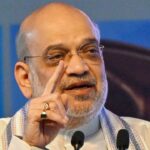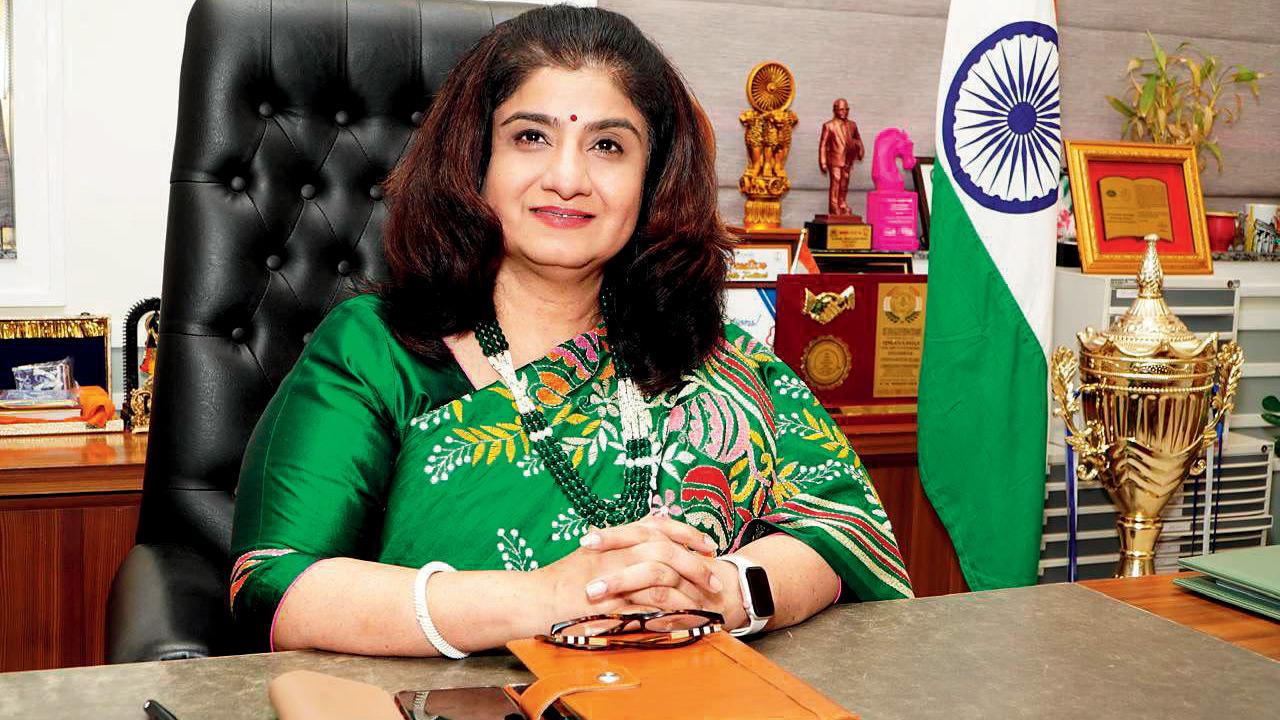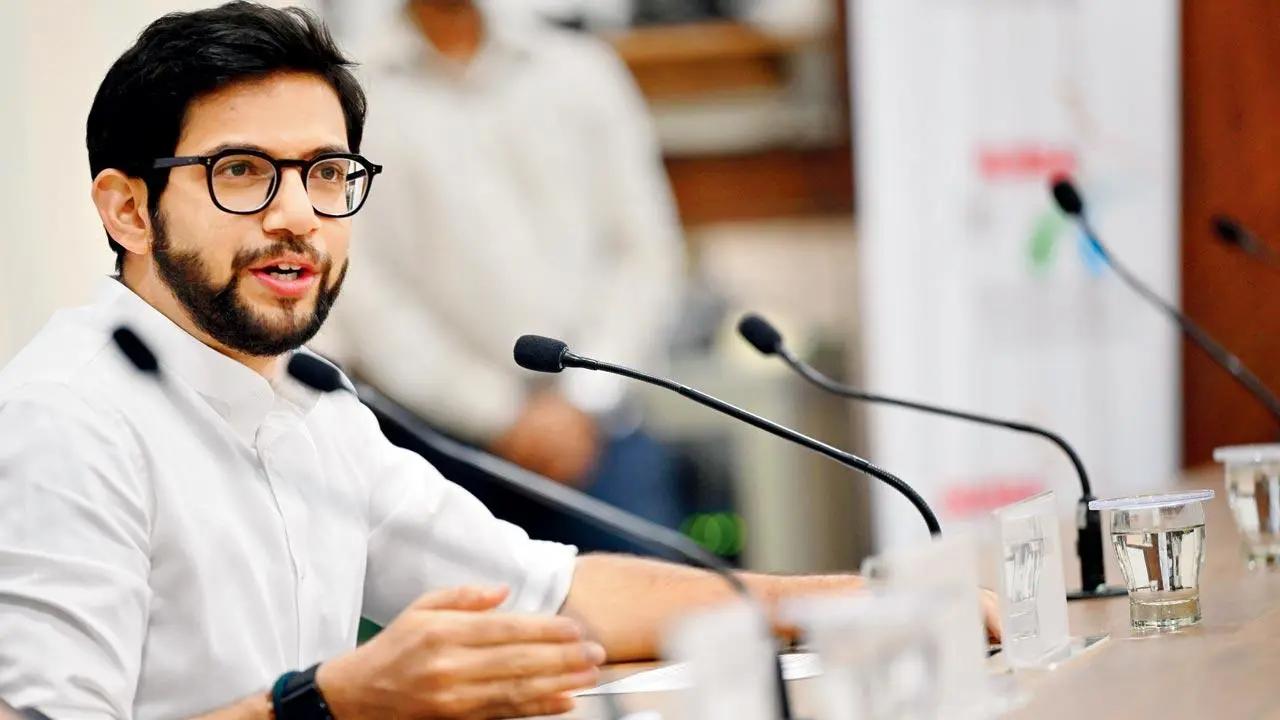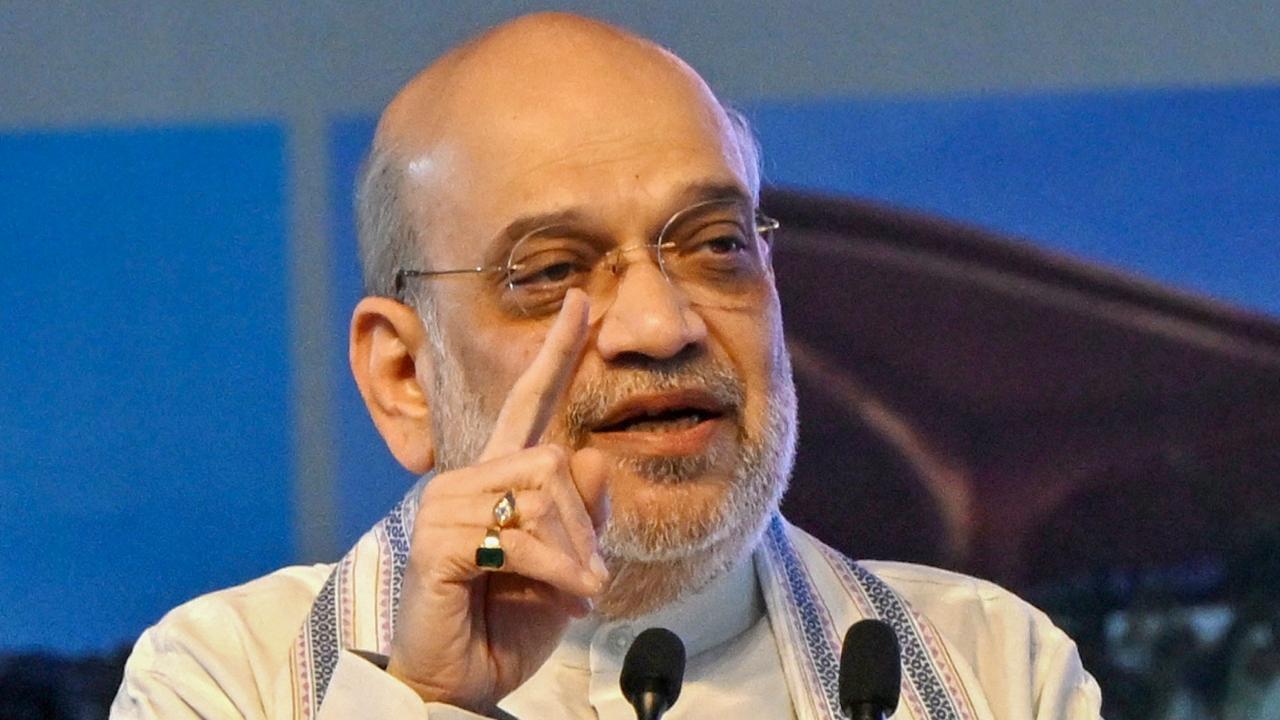Mumbai`s HSNC University, a cluster university comprising institutes such as KC College, HR College, and others, is soon to roll out standard operating procedures (SoPs), under the NEP 2020, for Accelerated Degree Programmes (APDs) and Extended Degree Programmes (EPDs). These flexible options will allow undergraduate students to finish their 3-year course in 2.5 years, or add an extension and complete their degree at a more relaxed pace.
According to the NEP, the students must complete 120 credits in a three-year degree and 160 in the four-year degree programme. The acceleration allows pupils to take up extra courses, vocational training, and assignments during their college breaks to put their higher education on a fast track. On the other hand, those opting for extensions can take up challenging subjects or other credits at a slower pace and time their education to their accordance.
Rolling out the guidelines to apply for these flexible degrees, HSNC’s Vice-Chancellor, Dr Hemlata K Bagla, told mid-day, “Sometimes students want to go abroad, move from the city, or simply want to finish their courses at a quicker pace. The accelerated degree comes in handy for all these candidates. Those who wish to spend their college years exploring other avenues, at their own pace, can take advantage of extended programmes. Since NEP is a highly credit-bound system, our current time-bound approach towards college education is going to see a change.”
The university is also ready to roll out provisions for Recognised Prior Learning, or RPLs. This allows a student with prior experience to directly jump into a more advanced course. “A first-year student who has opted for German as their foreign language and has already studied the basics during the school years need not function on autopilot anymore. The university can test the student for their fundamentals and directly push them towards an advanced course,” said Dr Bagla.
As for ADPs and EDPs, HSNC students will soon be allowed to select the pace of their degree during admissions and alter it after the first year of the programme. While the examinations for the students will be restricted to the three annual cycles (October, March, and June), the concepts of exams on demand and lectures on demand are also to be explored soon, said officials familiar with the matter.











